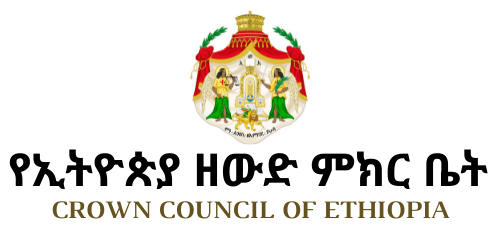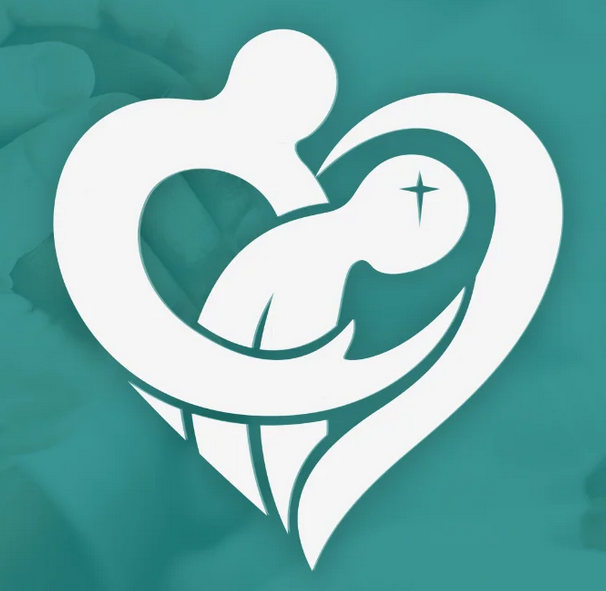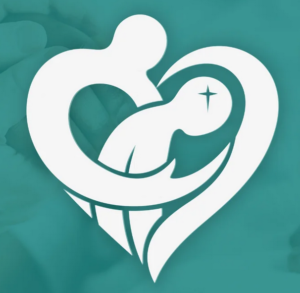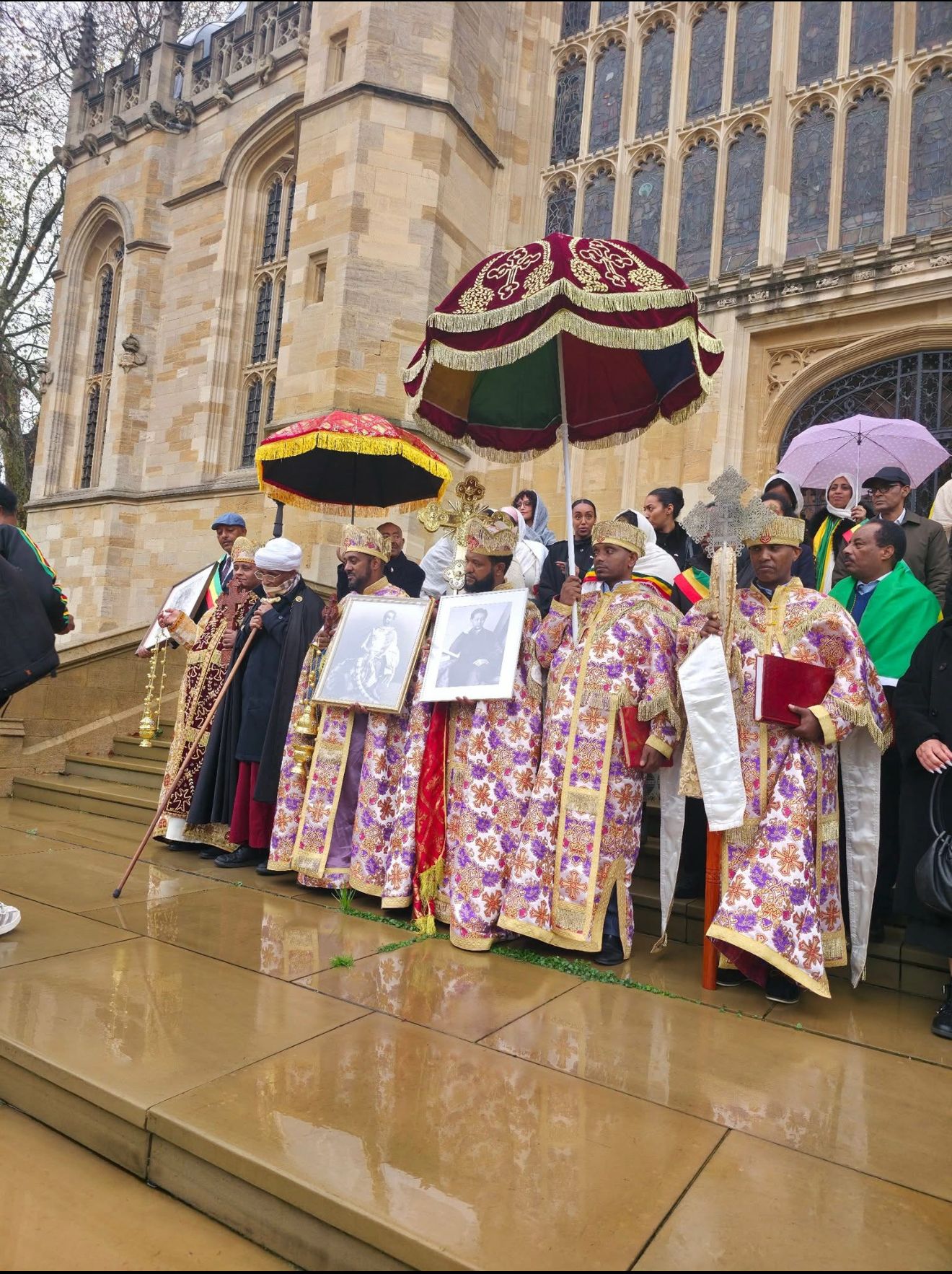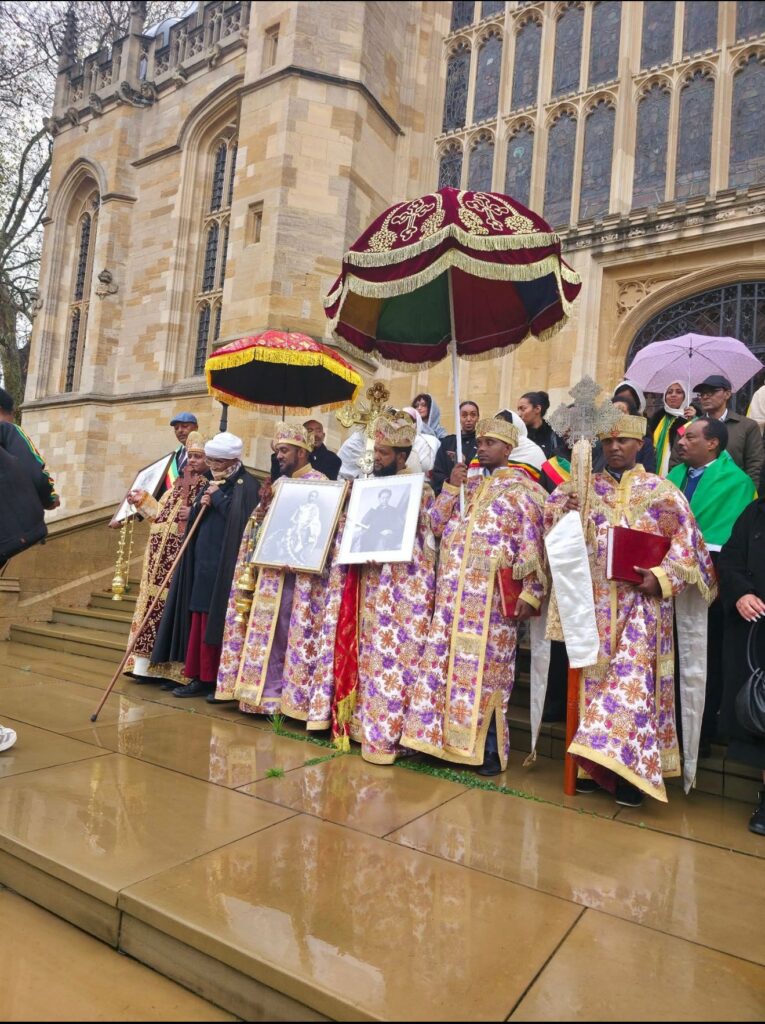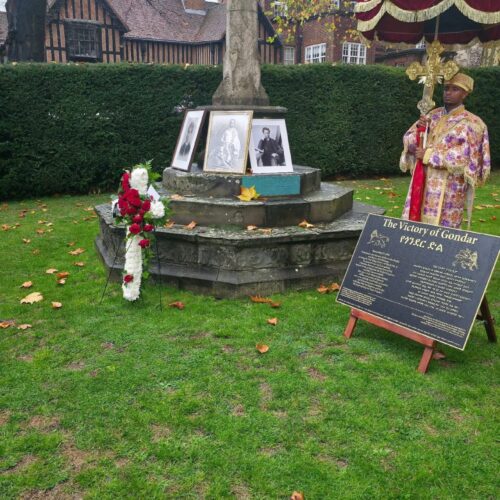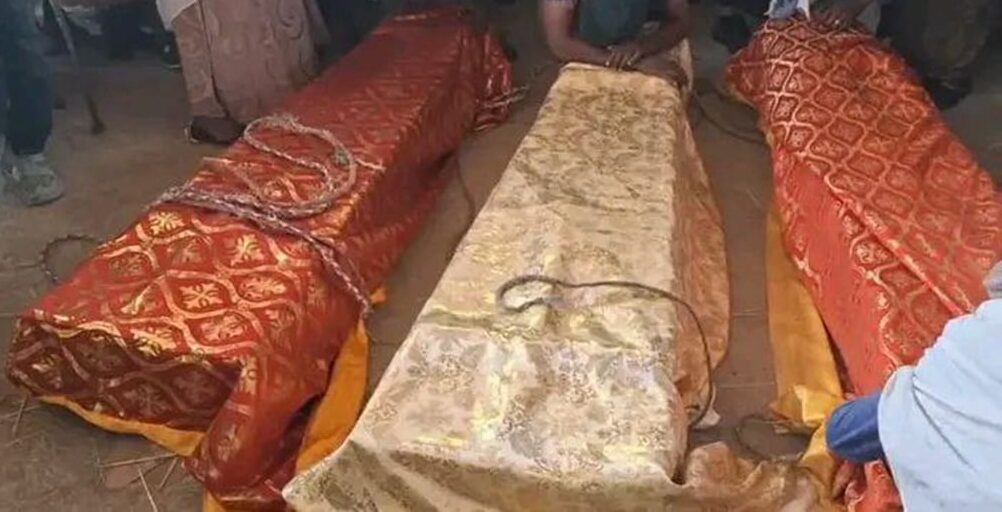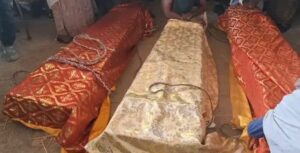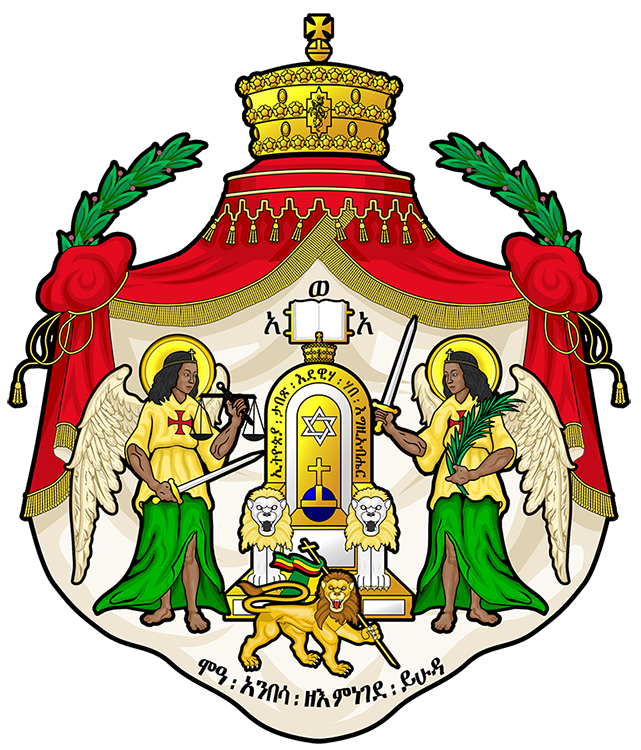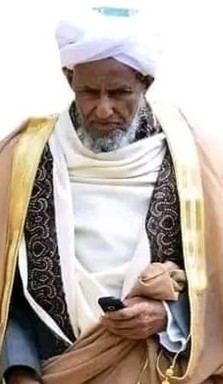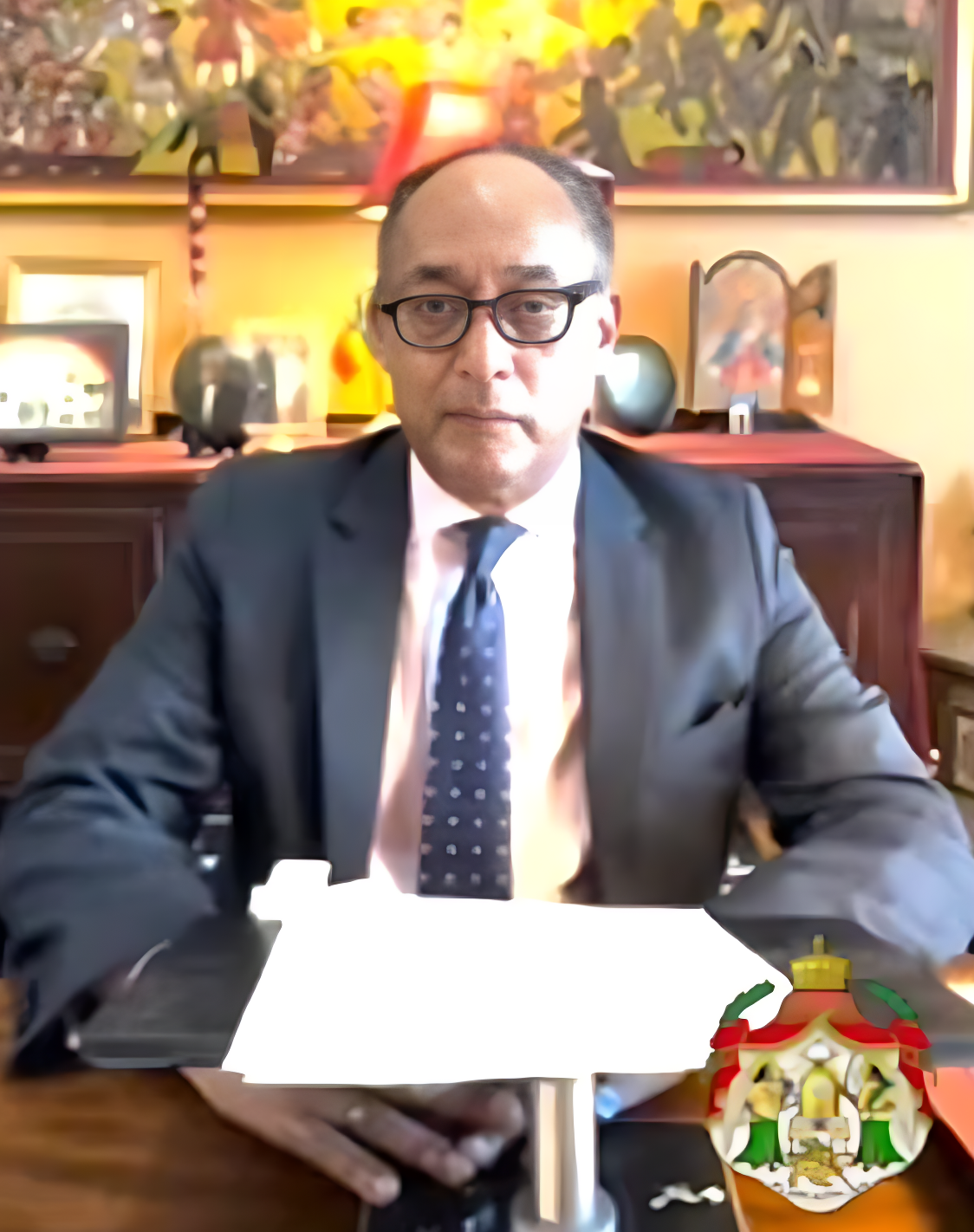19 February 2026 / 12 የካቲት 2018
To our brothers and sisters of the Adwa Movement of South Africa,
It is with great pleasure that I learned of your intention to commemorate the great victory at the Battle of Adwa, achieved under the leadership of the great Emperor Menelik II of Ethiopia against the forces of European colonialism. As you know, this victory was hard won on the blood of our ancestors. Commemorating this event not only honors their sacrifice, but the sacrifice of all those who have laid down their lives in the cause of freedom.
The Victory at Adwa, beyond defeating the colonial ambitions of Italy, symbolizes much more. In the Ethiopian and African context, it demonstrated that unity is strength, and that a united people will be victorious in the face of adversity. It is to be noted that when Emperor Menelik II in his declaration of war said “you who are strong help me with your arms, you who are weak help me with your prayers” it was not just his Empress and his nobles who followed him north with their armies to confront the invader. Even rebels and bandits put down their grievances to join him to repel the enemy and rushed northward to die for God, King and Country. It is the perfect example of how unity is strength.
The Victory at Adwa not only established Ethiopia on the world stage and guaranteed recognition of her independence. It also inspired a fire in the hearts of all Africans and people of African descent around the world. It lit a spark that inspired Pan-Africanism, the independence movements across the continent, and the struggle for equality and respect for all people in Africa and the diaspora. Adwa was the catalyst which launched the liberation of the oppressed and the eventual dismantling of European colonialism in Africa. It inspired the efforts of my grandfather, Emperor Haile Selassie I and his government to work towards the establishment of the Organization of Arican Unity which is now the African Union. It also inspired his dedication to the cause for freedom in South Africa fighting Apartheid and offering tangible support to Nelson Mandela in his struggle, including providing him with a passport and training.
So, as you celebrate the great Victory of Adwa, know that this is not just a victory for Ethiopia, but a victory for all Africans and all freedom loving people. May the bonds that tie us together strengthen and may God bless Ethiopia, Africa, and all of you gathered to celebrate this day.
Sincerely yours,
Prince Ermias Sahle-Selassie Haile-Selassie
